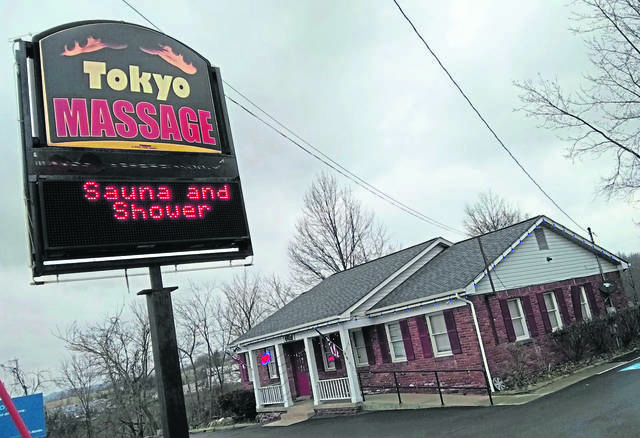There are horrible things in the world that we like to think are far away.
Like human trafficking.
The phrase can conjure pictures. Slave ships and auction blocks. Abductions and chains. Images that are a world away from our everyday lives.
That doesn’t happen here. That’s another country, another continent, another time, another place. That must be awful. Someone should do something about what is happening there.
But it’s happening here.
According to court documents, their slave ships were buses from a human trafficking hub. Their auction blocks were the spas where their bodies were rented to bring in money for the owners. One woman was allegedly kept in a closet.
The International Labor Organization ballparks the selling of people worldwide via sex work, child labor, domestic work and more at a $150 billion annual industry. That’s almost five times the annual budget of Pennsylvania.
And more cases are being reported regularly. The Human Trafficking Hotline statistics show calls have doubled since 2012, when 13,396 calls came in and 3,272 cases were reported. In 2017, there were 26,557 calls and 8,524 reports. In the first six months of 2018, there were 14,117 calls and 5,147 instances reported.
Of the 2018 cases, 127 were in Pennsylvania. Sex trafficking represented 72 percent of the overall reports, and illicit massage/spa businesses like the alleged Westmoreland County ring were the leading way those cases were facilitated.
It’s staggering to think about slavery being a growth industry in a modern world, but it is. It’s not something we left behind with the end of the Civil War. It’s in our neighborhoods today. It doesn’t stick to back alleys or cower in corners. It sets up shop on our major thoroughfares and advertises — albeit misleadingly — in LED signs.
But there is a light here, and that is the reports. Hotline calls overwhelmingly come not from the victim but from the community. That is what happened here, when neighbors saw the women appearing to live in the businesses and made calls that triggered the investigations.
Human trafficking might be here, but that also gives us the ability to fight human trafficking here. And it could be as easy as acknowledging that we aren’t isolated from a worldwide problem, paying attention to what happens around us and picking up a phone.








